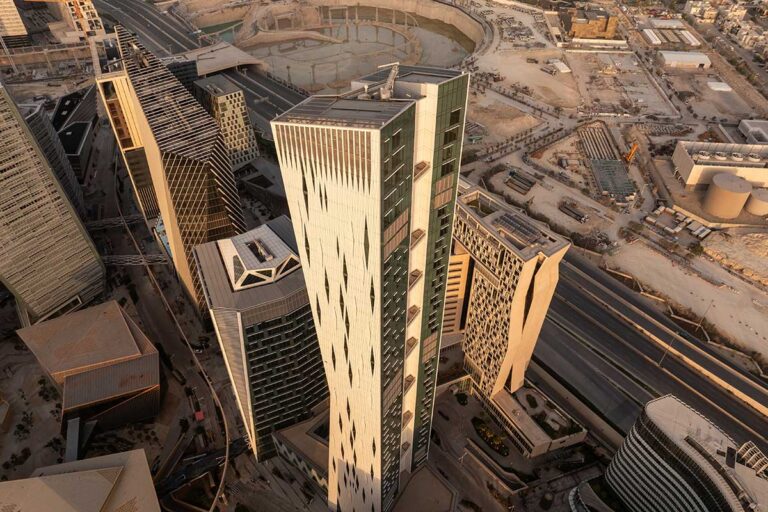The Saudi Arabian Cabinet, chaired by Crown Prince and Prime Minister Mohammed bin Salman, approved an updated law regulating property ownership by non-Saudis. The law aims to develop the real estate sector and encourage foreign direct investment.
The new law permits ownership in the Holy Cities of Makkah and Madinah, albeit with special requirements, and comes into effect from January 2026.
Saudi Arabia updates foreign property ownership law
The cabinet decision mandates the Real Estate General Authority with the responsibility for proposing the areas within which non-Saudis may own real estate or acquire other property rights. The authority will publish the executive regulations of the law on the Istitaa public survey platform and seek viewpoints and suggestions of the public within 180 days of its publication in the official Umm Al-Qura Gazette.
Majed Al-Hogail, Minister of Municipalities and Housing and Chairman of the Real Estate General Authority said the Cabinet’s approval of the updated law will contribute to increasing real estate supply by attracting investors and real estate development companies to the Saudi market.
Al-Hogail said: “The law takes into account all economic and investment aspects, as ownership will be permitted within specific geographic areas, particularly in the cities of Riyadh and Jeddah, with special requirements for ownership in Makkah and Madinah.”
Al-Hogail added that the updated law takes into account the interests of Saudi citizens by providing mechanisms that ensure market control and compliance with specific procedures aimed at achieving real estate balance.
The regulations will specify the procedures for non-Saudis to acquire property rights, as well as the requirements for enforcing provisions of the law on non-Saudis.
Acting Minister of Media Dr Essam bin Saeed said the new property law is part of a broader strategy to stimulate economic growth while maintaining social and market balance.
The Cabinet also reviewed Saudi Arabia’s contributions to global economic growth, reaffirming the Kingdom’s commitment to multilateral cooperation and market stability. This includes continued coordination with oil producers within the OPEC+ alliance to support petroleum market balance.





